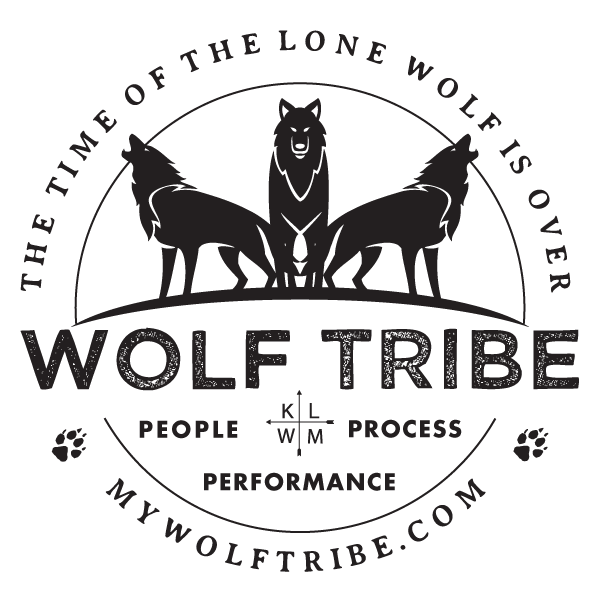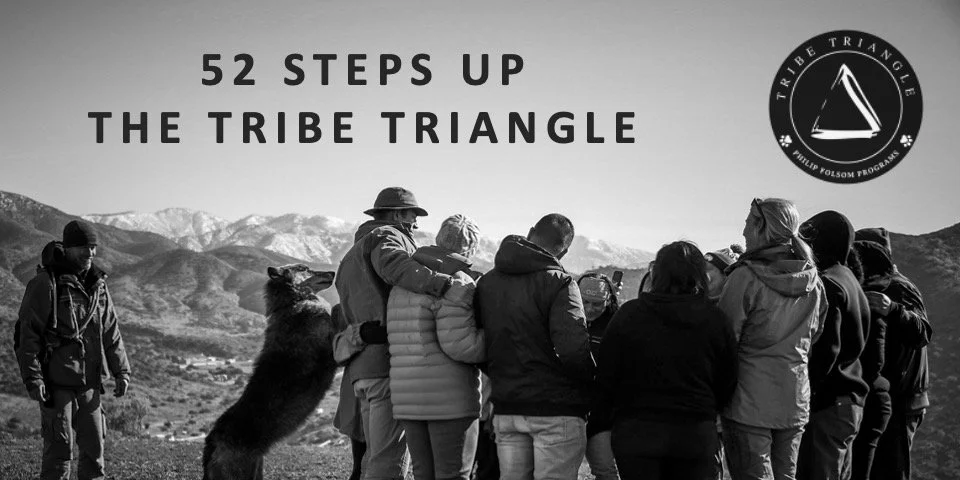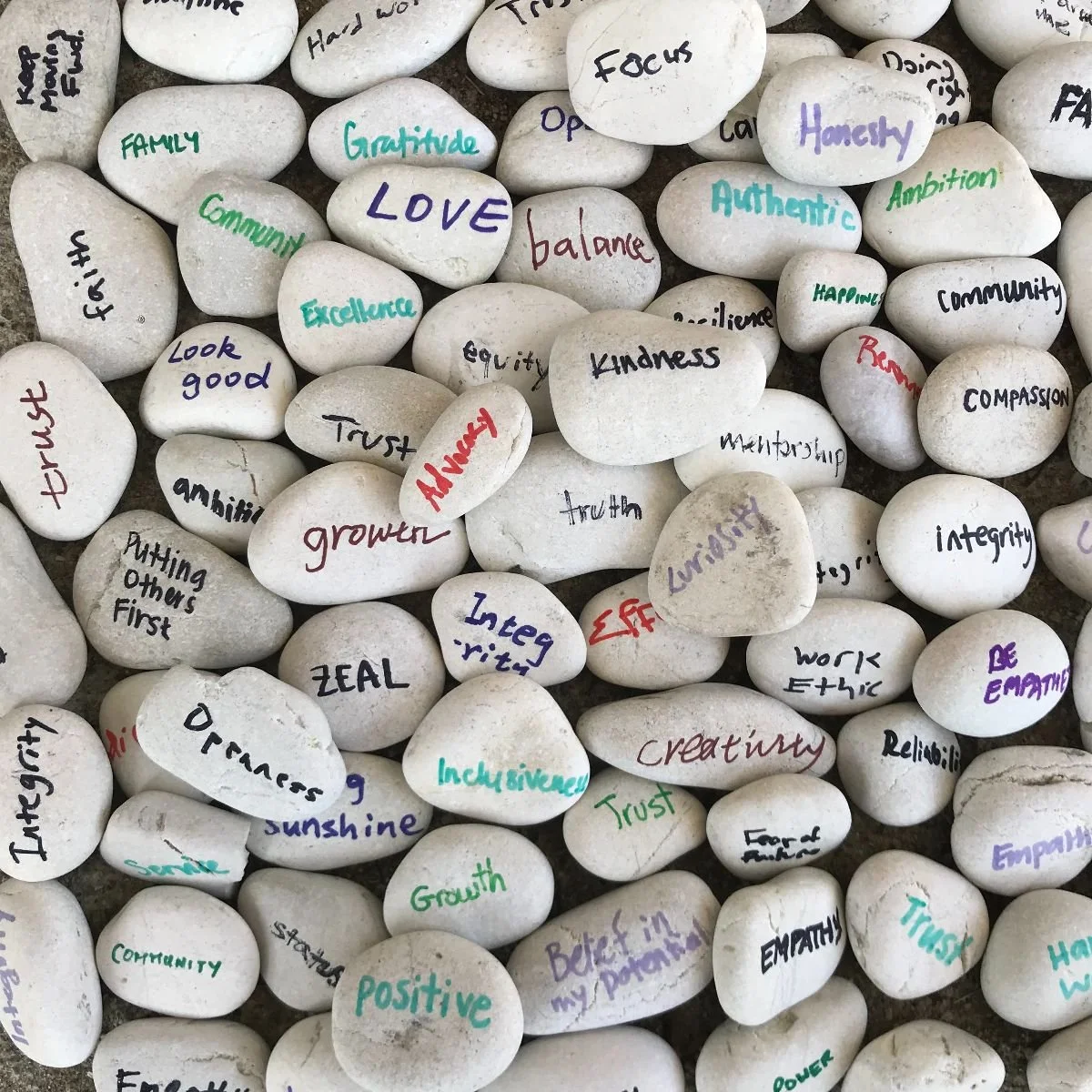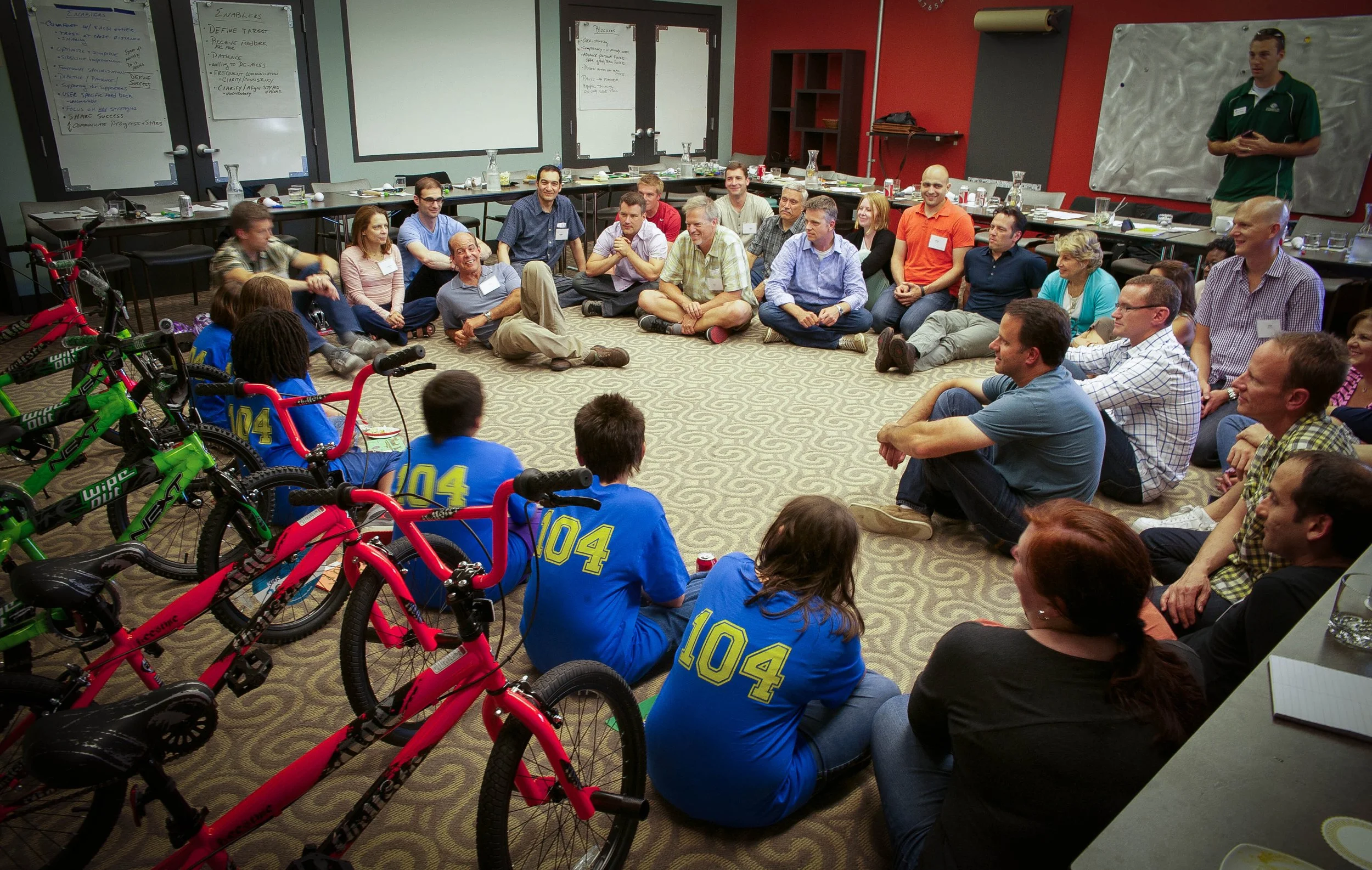Step 5 Up the Tribe Triangle: Why Your Values Dictate Your Destiny
"Character is destiny"
-Heraclitus
Your personal values will ultimately define
your destiny. These values will also dictate the quality of the life you lead while getting to that destiny.The quality of that journey may be even more important than the destination.
In addition, as Tribe Leader of your family and work team, your personal values also have a massive impact on the journey and destination your people have in their lives. Remember, you are the Head of Culture before you are anything else and if you are not clear with your personal core values, your team will not have a chance to get clarity on the shared values that will guide their behavior.
Values really do drive our personal destiny as well as the destiny of our people and projects. We are duty-bound to put some love and time into exploring and discovering what these values are and how they work.
Let’s start with what values are. Values are the principles and priorities that drive our behaviors. They literally direct the actions of our lives. Values dictate actions because they establish the internal hierarchy of priorities we have inside of us at any given moment.
It is estimated that adults make about 35,000 decisions a day. Most are tiny and seemingly inconsequential but many are literally career and life defining. When we are faced with one of these endless moments of choice, we must have an internal engine of judgment that makes us decide one decision over another. The decision that wins is always the one that aligns to the strongest operating value happening at that moment with the choices available to us.
People always make their best decisions.
This is a common axiom in the study of economics (which is really the science of decision-making not the science of money). When I first heard that shared by a professor, I strongly (and unfortunately vocally) disagreed. If you’re hearing this for the first time I’ll bet you do to. “People always make their best decisions?! Are you crazy? People make terrible decisions all the time!”
Well, let’s dig a little deeper. Remember, people make decisions based on their loudest value operating at the moment.
Take breakfast for example. Let’s look at a couple values that often come into play in deciding what to eat:
Expedience might be an important value because we don’t want to be late for work.
Health may be another because we all know that breakfast is the most important meal of the day.
Delicious is right up there too, right? After all we’re all sugar-loving primates at our core.
So, what did you have for breakfast? You ended up eating whatever the available choice was that aligned with your loudest value at the moment. Even though we all value health we have all eaten sugary junk in spite of the obvious knowledge that it wasn’t our healthiest choice. We ate the junky cereal because it was our most delicious choice.
If we are distracted or too tired to hold our highest values at the top of the value hierarchy and if no one is holding us accountable then the lower, base values will bob to the top like ancient animal buoys. We have all committed and declared that we are not going to do something and ended up doing that very thing.
Values will always fulfill immediate gratification so it is vital that we establish long term goals as desirable now in the short term. It’s the only way you can maintain these uncomfortable and challenging value-based behavior upgrades. There are many ways to do this.
Firstly, we can bank on the immediate dopamine hit that we receive when we make disciplined choices. Teach yourself and train yourself that dopamine feels good and therefor discipline feels good.
Secondly, oxytocin and serotonin are two other feel-good hormones that are released by celebrating long-term decisions especially when others notice and praise our powerful choices. Hang out with disciplined people who support and celebrate each other and that will go a long way in helping you hold your higher values. Those rare people who truly want the best for you do it because you are a part of them. Those people are tribe. That honorable behavior is your character, reputation and brand. Going public with your core values is a great way to receive accountability for your high-value decisions.
Values are lethal and they not free.
Values drive the decision-making engine of our lives and every decision has a cost.
Big decisions have big costs and choosing is refusing. The word decide contains the same Latin root as the words homicide, insecticide and suicide. That root ‘cide’ means to cut or kill.
De-ciding is killing off our other options. This is incredibly important because those other options are often very valuable and their death is often very painful. Especially the big ones. For example, deciding to enter a relationship is not free. It inherently kills off some of our other choices such as independence and freedom.
When we move into Tribe Leader category, our value-based decisions need to be very intentional. We also need to be very sober about the cost of our decisions and the lifestyle and discipline skills that will empower us to keep making those hard choices for the long journey. We need values and decisions to go far not fast.
Leaders are people whose decisions affect other people. The ability to make powerful long-term decisions now is the greatest skill we can develop as leaders. Develop and claim this skill for your tribe and your life or someone else will.
You deserve the results of those big-value decisions.
Your people and projects demand it.
Click here To watch the video of Step 5: Why Your Values Dictate Your Destiny
Leaders must write and speak
Answer these questions in your journal by really writing them down. Discuss them with at least one of your most important people and really listen to their response.
Step 1:
What are 5 of your core values? Notice that the very act of deciding on 5 from the list is costing you the other values you are not choosing. Choosing is refusing and deciding is killing. This is the price of being a Tribe Leader.
Core Value_______________
Core Value_______________
Core Value_______________
Core Value_______________
Core Value_______________
Step 2.
Clarity your top 5 core values down to 3 by cutting and killing off the 2 least important. Scribe the remaining 3 core values below.
Core Value_______________
Core Value_______________
Core Value_______________
What does it feel like to make this sacrifice?
What is your thought process and priorities in making this de-ciding?
Step 3.
Determine the price of your value-driven life so you can pay it.
There are sacrifices required when using those 3 core values as your deciding priorities. For example, the value growth will cost you stability, comfort and control. The value service will cost you freedom and the values vitality and health will cost you pleasure. What are the costs of your three core values? If you can’t see the cost now just wait. You will.
Cost of Core Value 1_____________
Cost of Core Value 2_____________
Cost of Core Value 3_____________
Ubuntu,
Philip Folsom







